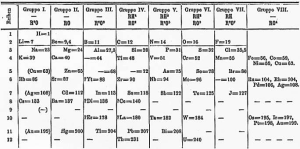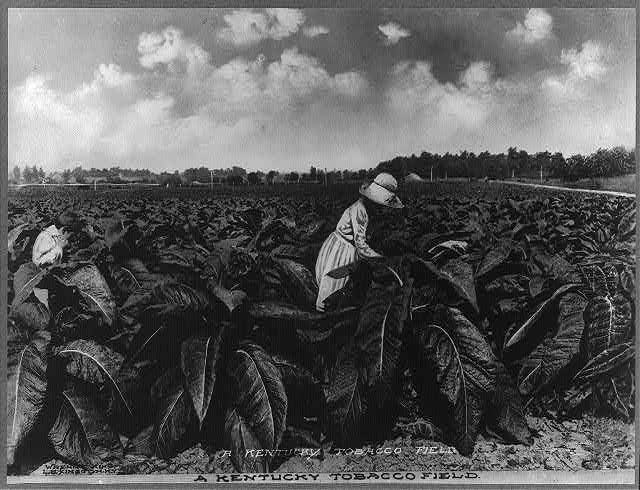After claiming that the Press only has the public good in mind (as opposed to power hungry politicians), this Richmond paper urges southern farmers to give up tobacco and cotton cultivation so that the land can be used exclusively to grow the food necessary to feed a hungry nation and its army in the field. Like England the South must not waste an atom of soil.
From the Richmond Daily Dispatch March 14, 1863:
The duty of the hour.
To put every grain of corn in the field, everything that can supply food for man and beast, is the grand duty of the time. We are pained to hear the elaborate preparations making in some portions of the country for the cultivation of tobacco. If this prevails to any considerable extent it is idle to shut our eyes to the consequences. A people without bread, an army without bread, and what is our fate! What the dismal and inevitable result? Can any one contemplate it without horror?
We do not need more men in the army. Our great aim should be to feed those who are there. –By improvidence, waste, and mismanagement, we have diminished resources which at one period appeared to be inexhaustible. Now we can only supply our wants by strict economy, and provide for the future by producing as much food as possible. In the benignant Heaven above and the productive earth beneath are our hope and confidence. No other friends have we, none other, if we are true to them and to ourselves, do we need in the wide universe.
But we must save, and economize, and labor.–We must make every foot of ground available. –We must cultivate the earth as closely as in England, where not an atom of the soil is wasted.–Every grain of the soil is a grain of gold. It is gold dust, or may be made such on which we tread. The idea, at such an hour, of cultivating cotton and tobacco! The man is a public enemy who does it. Who is to buy his cotton and tobacco? He is starving his neighbors without feeding himself. He is starving the defenders of his country, and giving to Lincoln the most substantial aid and comfort, he can ever expect to command in the Southern States.
Lincoln’s recent usurpation of the purse and sword threatens the South with no such peril as the insatiate greed of gain within her own borders. If we are true to ourselves we can set the usurper at defiance. But let us sacrifice selfishness and avarice in all its phases upon the altar of the public good. Let us consecrate the soil to the support of the army and people. Let every man who does not fight work to feed those who do.
According to Civil War Home at least some politicians and some newspapers were on the same page regarding substituting food for tobacco cultivation:
Confederate policy and military campaigns in the heartland of the South’s tobacco regions devastated Southern tobacco planting and manufacturing. In an attempt to encourage the planting of foodstuffs, the Confederate Congress in March 1862 passed a joint resolution recommending that Confederate states refrain from planting tobacco. Planters often ignored Congress’s suggestions, however. The Virginia Assembly also attempted to limit tobacco growing with a law passed in March 1863, and renewed planting restrictions again in February 1864. Other tobacco-growing states passed similar legislation during the war. In addition, local newspapers such as the Edgefield Advertiser of South Carolina also exhorted their readers to switch from the planting of tobacco to desperately needed foodstuffs.


